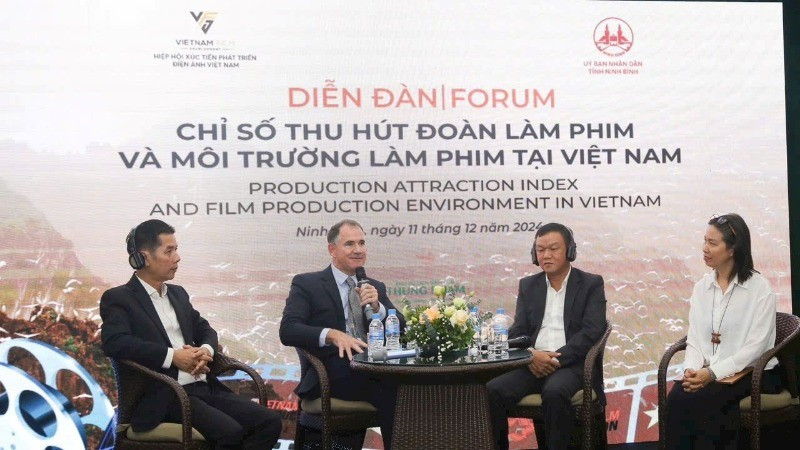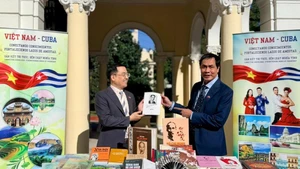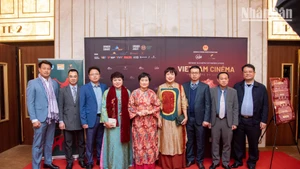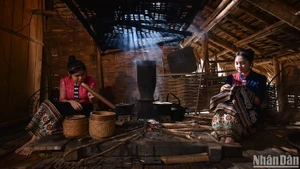Ngo Phuong Lan, President of VFDA, emphasised that Vietnam is undergoing a significant transformation, with aspirations to grow in all sectors, including cinema. In recent years, a talented new generation of young filmmakers, along with emerging film education models, has contributed to a promising workforce for the country’s film industry. Additionally, Vietnam’s natural landscapes, supportive government policies, and expanding opportunities for collaboration continue to present positive prospects for the industry.
Hollywood producer Matt Del Piano raised the question of whether Vietnamese partners could meet the high standards demanded by international producers. In response, Dr Ngo Phương Lan affirmed that Vietnam possesses many young talents and capable partners who can meet the stringent requirements of the global film industry. While the Vietnamese film market still faces challenges in exporting films, several Vietnamese productions have been well-received in international cinemas, particularly in the U.S., with an increasing market presence.
One of the key points highlighted at the event was Vietnam’s financial and tax support policies for international film crews. Although Vietnam does not offer direct tax rebates like some other countries, the VFDA representatives stated that the country has made improvements in film production licensing procedures. Additionally, provinces and cities are committed to offering the best possible incentives for international film crews. Most foreign film crews receive significant support from local authorities, leading to reduced costs for services, labour, and accommodations.
Vietnamese Consul General in San Francisco, Hoang Anh Tuan, reaffirmed the Vietnamese government’s commitment to creating the most favourable conditions for attracting international film projects. This is reflected in increasingly open policies to position Vietnam as a prime destination for filmmakers worldwide.
International experts noted that Vietnam boasts stunning natural landscapes that could serve as ideal settings for major film projects. However, the number of international films shot in Vietnam remains limited. To bridge the gap between domestic and international filmmakers, concrete solutions are needed to connect local filmmakers with provinces and cities, facilitating film production.
Key proposed solutions include establishing clear and accessible tax incentive policies and simplifying administrative procedures to reduce time and costs for filmmakers. Additionally, Vietnam’s film studios do not meet the high technical standards required by major international film markets. Therefore, it is essential to invest in modern and flexible studio infrastructure to attract film projects. The country’s unique natural landscapes should also be developed into designated “natural film sets” to support the film and tourism industries.
For Vietnam to become an attractive destination for international filmmakers and successfully export its films to global markets, a comprehensive and synchronised strategy is required. This includes infrastructure development, human resource training, and the establishment of supportive policies. These measures will not only facilitate international collaboration but also create significant opportunities for the Vietnamese film industry on the global stage while effectively promoting Vietnam’s landscapes and culture.
















